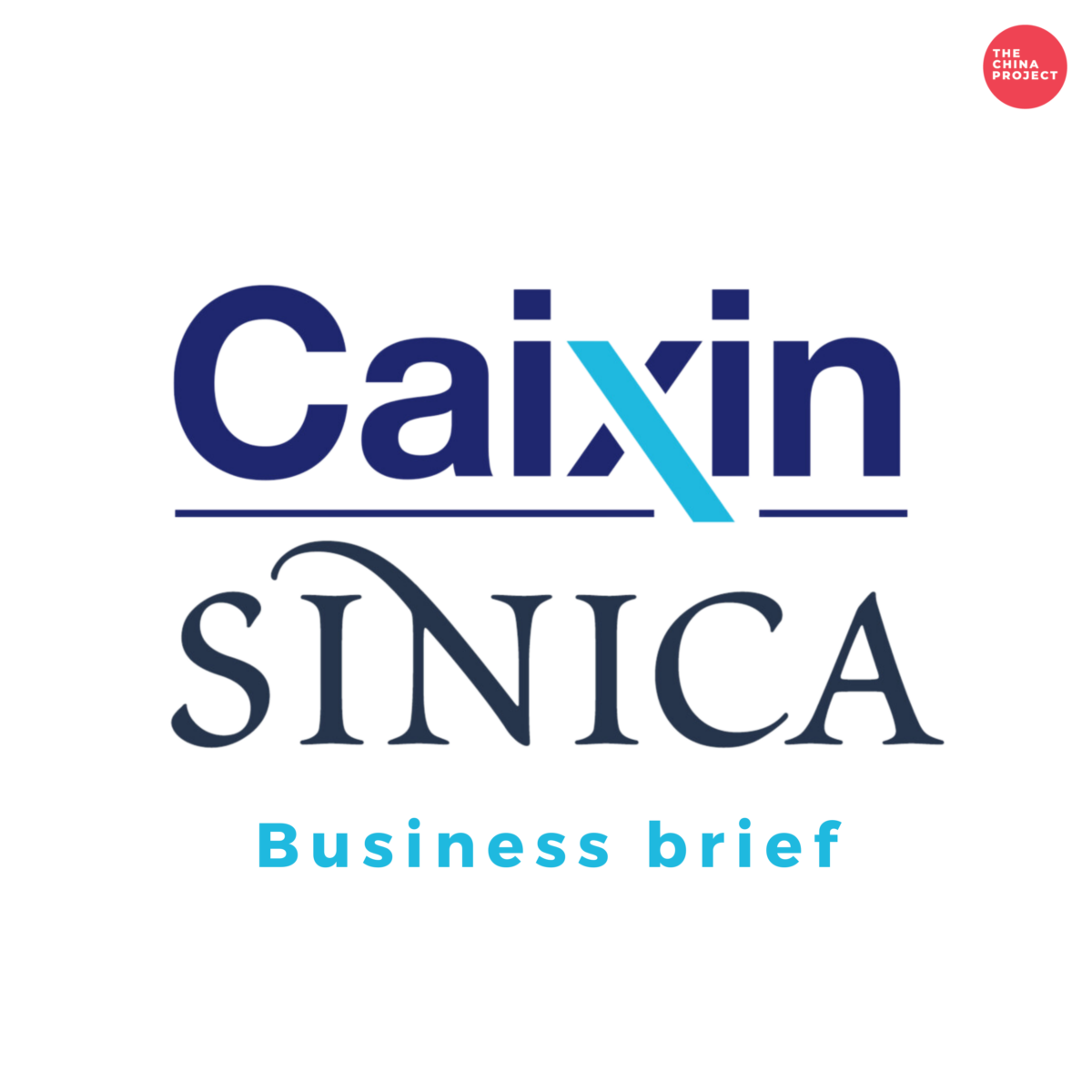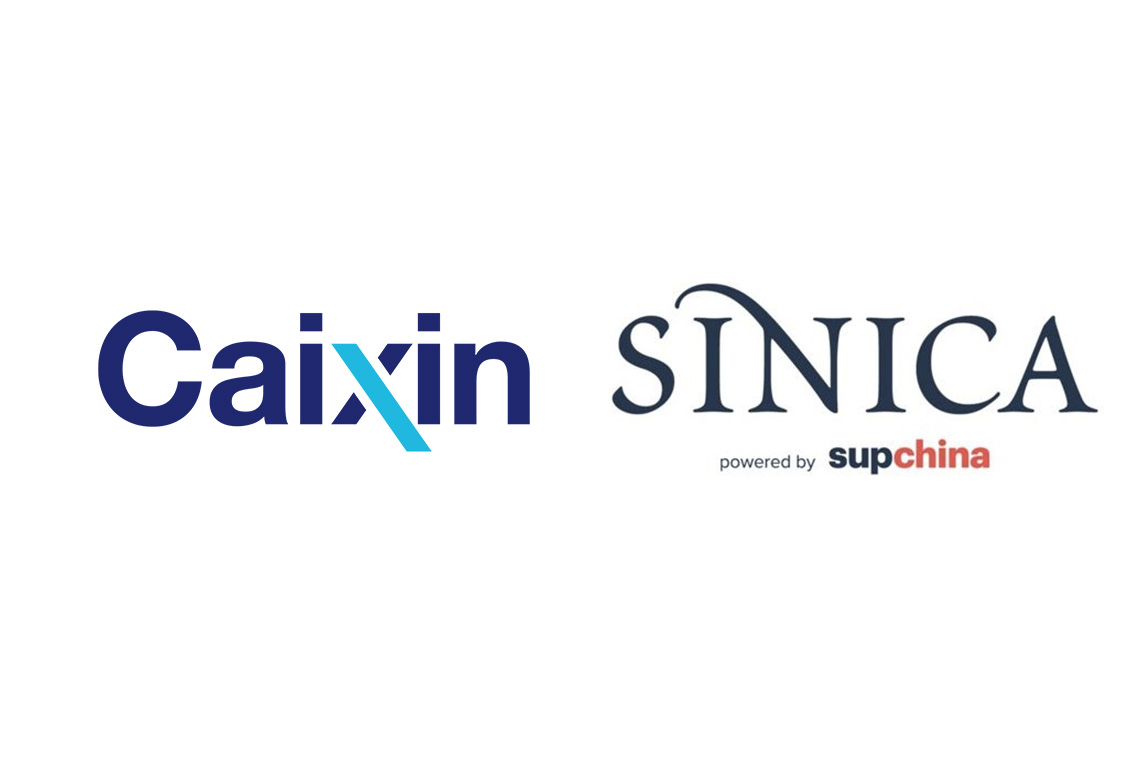Welcome to the 52nd installment of the Caixin-Sinica Business Brief, a weekly podcast that brings you the most important business stories of the week from China’s top source for business and financial news. Produced by Kaiser Kuo of our Sinica Podcast, it features a business news roundup, plus conversations with Caixin reporters and editors.
This week:
- We find out about an additional 25 percent duty imposed by the Trump administration on about $50 billion of Chinese imports that contain “industrially significant technologies.”
- We note that China’s economic growth showed signs of losing steam in May as fixed-asset investment, industrial output, and retail sales all trailed analysts’ estimates.
- We explore China’s decision to pull money from provincial-level pension funds to create a national pool to address growing pension deficits in poorer regions.
- We discover that a Chinese menswear company faked a collaboration with well-known New York streetwear brand Supreme.
- We learn that the U.S. Supreme Court has weighed in on a 13-year-old antitrust dispute involving several Chinese vitamin C makers and exporters.
- We hear the news that Xiang Junbo 项俊波, the former chairman of China’s insurance regulator, pleaded guilty at his corruption trial in Jiangsu Province.
- We discuss Didi Chuxing’s introduction of a “same-sex rides” policy after a woman was killed using the ride-hailing service.
- We analyze a new survey that shows that an increasing proportion of China’s brightest overseas talent is being lured back home.
In addition, we talk with Jing Xuan Teng, reporter at Caixin Global, about high-speed rail and Hong Kong. We also chat with Doug Young, managing editor of Caixin Global, about the evolving story on ZTE, the Chinese telecom equipment manufacturing company that’s gotten into hot water with the U.S. and had a near-death experience.
We’d love to hear your feedback on this product. Please send any comments and suggestions to sinica@thechinaproject.com.








